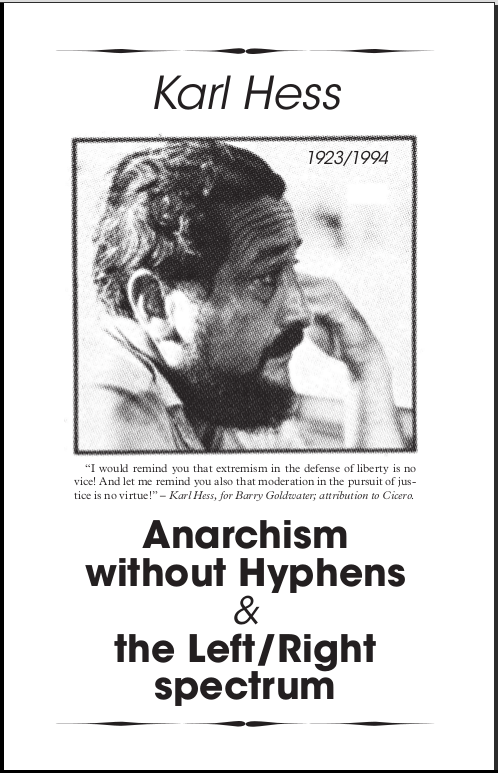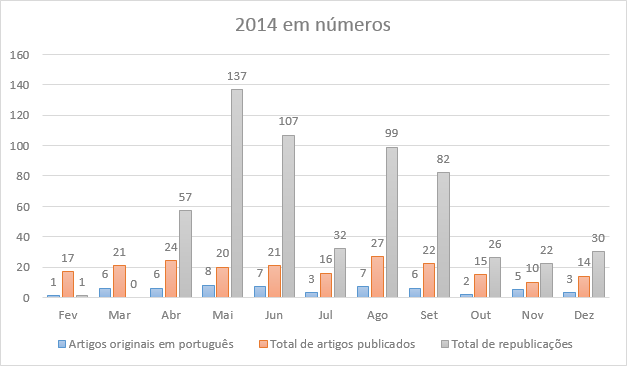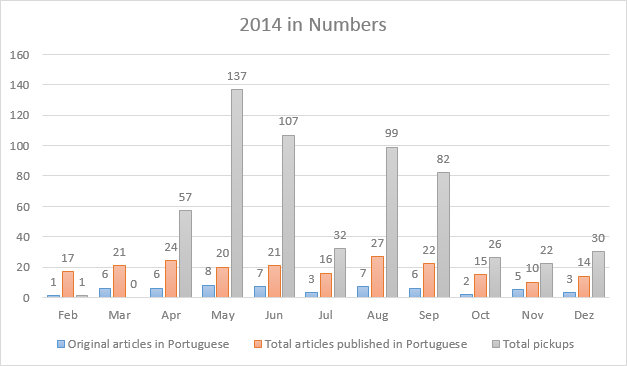In The Structure of Scientific Revolutions (a book of great virtues and great flaws, but I’m not going to get into either right now), Thomas Kuhn describes an experiment that I think is of tremendous importance to libertarians, particularly left-libertarians:
In a psychological experiment that deserves to be far better known outside the trade, Bruner and Postman [1949] asked experimental subjects to identify on short and controlled exposure a series of playing cards. Many of the cards were normal, but some were made anomalous, e.g., a red six of spades and a black four of hearts. Each experimental run was constituted by the display of a single card to a single subject in a series of gradually increased exposures. After each exposure the subject was asked what he had seen, and the run was terminated by two successive correct identifications.
Even on the shortest exposures many subjects identified most of the cards, and after a small increase all the subjects identified them all. For the normal cards these identifications were usually correct, but the anomalous cards were almost always identified, without apparent hesitation or puzzlement, as normal. The black four of hearts might, for example, be identified as the four of either spades or hearts. Without any awareness of trouble, it was immediately fitted to one of the conceptual categories prepared by prior experience. One would not even like to say that the subjects had seen something different from what they had identified.
With a further increase of exposure to the anomalous cards, subjects did begin to hesitate and to display awareness of anomaly. Exposed, for example to the red six of spades, some would say: That’s the six of spades, but there’s something wrong with it – the black has a red border. Further increase of exposure resulted in still more hesitation and confusion until finally, and sometimes quite suddenly, most subjects would produce the correct identification without hesitation. Moreover, after doing this with two or three of the anomalous cards, they would have little further difficulty with the others.
A few subjects, however, were never able to make the requisite adjustment of their categories. Even at forty times the average exposure required to recognize normal cards for what they were, more than 10% of the anomalous cards were not correctly identified. And the subjects who then failed often experienced acute personal distress. One of them exclaimed: ‘I can’t make the suit out, whatever it is. It didn’t even look like a card that time. I don’t know what color it is now or whether it’s a spade or a heart. I’m not even sure now what a spade looks like. My God!’ … My colleague Postman tells me that, though knowing all about the apparatus and display in advance, he nevertheless found looking at the incongruous cards acutely uncomfortable.
In short, people have enormous difficulty with, and often a strong aversion to, recognising something that doesn’t fit their established categories. And this helps, I think, to explain why as libertarians, and in particular as left-libertarians, we have so much trouble getting our message across; for in the mainstream political realm we are black hearts and red spades. Most people’s first impulse is to assimilate us to some familiar category – and since we talk so much about the virtues of free markets and the evils of government, we tend to get lumped with conservatives, since they make similar noises. When more prolonged exposure persuades people that we’re not quite conservatives after all, they then tend to become convinced that we’re black spades with red borders — conventionally conservative on some issues, conventionally liberal on others (a tendency we ourselves encourage with our in part useful, in part misleading Nolan Charts) — as opposed to representing a radical alternative to existing ideologies.
The moral, I think, is that libertarians, and especially left-libertarians, need to focus more on simply getting our position recognised. Getting it recognised is of course not enough — one then has to argue that the position is correct – but I think such argument and defense are to a large extent pointless if people can’t see what the position being defended even is.
Our vital task, then, is to get the word out that there is a position out there that includes the following theses:
- Big business and big government are (for the most part) natural allies.
- Although conservative politicians pretend to hate big government, and liberal politicians pretend to hate big business, most mainstream policies — both liberal and conservative — involve (slightly different versions of) massive intervention on behalf of the big-business/big-government elite at the expense of ordinary people.
- Liberal politicians cloak their intervention on behalf of the strong in the rhetoric of intervention on behalf of the weak; conservative politicians cloak their intervention on behalf of the strong in the rhetoric of non-intervention and free markets – but in both cases the rhetoric is belied by the reality.
- A genuine policy of intervention on behalf of the weak, if liberals actually tried it, wouldn’t work either, since the nature of government power would automatically warp it toward the interests of the elite.
- A genuine policy of non-intervention and free markets, if conservatives actually tried it, would work, since free competition would empower ordinary people at the expense of the elite.
- Since conservative policies, despite their associated free-market rhetoric, are mostly the diametrical opposite of free-market policies, the failures of conservative policies do not constitute an objection to (but rather, if anything, a vindication of) free-market policies.
Of course we should be prepared to defend these theses through economic reasoning and historical evidence, but the main goal at this point, I think, should be not so much to defend them as simply to advertise their existence. We need to make our red spades and black hearts a sufficiently familiar feature of the intellectual landscape that people will be able to see them for what they are rather than misclassifying them – at which point we’ll be in a better position to defend them. (Though admittedly point 6 is already beginning to slide from description to defense; still, I think 6 is crucial to getting our position so much as a hearing.)
What I advocate, then, is to make the constant repetition of (some equivalent of) points 1 through 6 a constant feature of our propagandising. In conversation, in articles, in letters to the editor, we should hit points 1 through 6 over and over again. The cure for resistance to the unfamiliar is to make it familiar.










